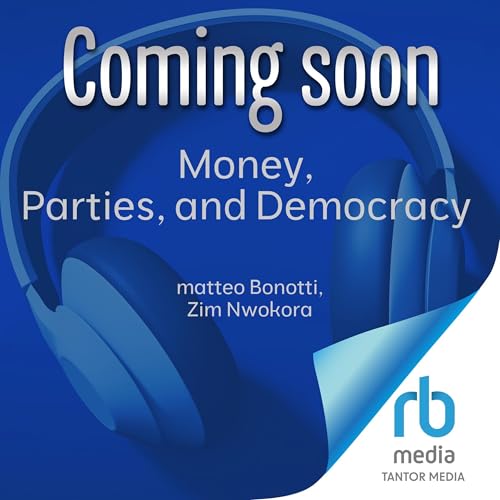
Money, Parties, and Democracy
Political Finance Between Fat Cats and Big Government
Falha ao colocar no Carrinho.
Falha ao adicionar à Lista de Desejos.
Falha ao remover da Lista de Desejos
Falha ao adicionar à Biblioteca
Falha ao seguir podcast
Falha ao parar de seguir podcast
Incluído em sua assinatura mensal (esse título só pode ser escutado após o lançamento)
Pré-compre agora por R$ 44,99
-
Narrado por:
-
Benjamin A. Onyango
Sobre este título
Democratic politics is expensive. In US presidential elections, for instance, total spending now exceeds $6.5 billion. In the US, election campaigns are largely funded by private donations from individuals and corporate entities, whereas in Germany, the state is the main funder of electoral politics through subventions to parties. In some other countries, parties have been able to raise most of what they need internally by charging membership dues or, more exceptionally, by relying on a wealthy patron. However, there have been numerous scandals and controversies involving political finance, which pose a serious challenge to fundamental democratic principles.
Matteo Bonotti and Zim Nwokora analyze the nature of these democratic risks and how they differ across various models of political finance. They argue that political finance rules ought to counterbalance the weaknesses of the party system they are being used alongside. To do so, political finance rules and party systems should be assessed together, in terms of three distinctive normative dimensions—collegiality, systemic voice, and systemic accountability—which capture what parties, at their best, can contribute to democratic politics. Money, Parties, and Democracy sets out a framework for evaluating political finance systems so that they can be designed or reformed to better support good governance.



